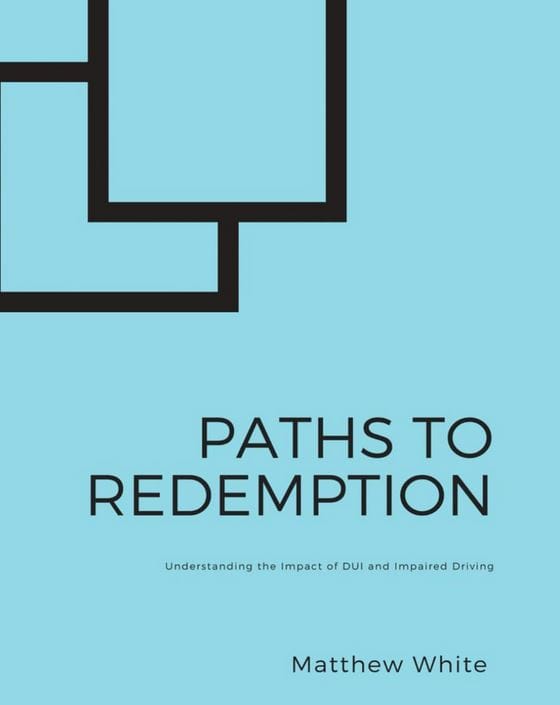
Paths to Redemption
: Understanding the Impact of DUI and Impaired Driving
by Matthew White
Paths to Redemption: Understanding the Impact of DUI and Impaired Driving is an essential resource designed specifically for individuals in the prison system, addressing the profound consequences of impaired driving. This workbook not only explores the legal, physical, and emotional repercussions of DUI offenses but also provides a structured path toward personal growth, accountability, and rehabilitation.
Through reflective exercises, action planning, and educational content, participants are encouraged to confront the ripple effects of their decisions on themselves, their families, victims, and the wider community. The workbook takes a restorative justice approach, emphasizing healing and the steps needed to repair the harm caused by impaired driving.
The material is divided into multiple chapters that delve into critical areas such as understanding the legal ramifications, exploring the victim's perspective, addressing mental health challenges, and developing strategies for maintaining a healthy lifestyle post-incarceration. Participants will also engage in personal accountability exercises, empathy-building activities, and forward-looking planning that focuses on rebuilding relationships, addressing substance abuse, and ensuring they do not repeat the same mistakes in the future.
This workbook was created with the unique needs of the incarcerated population in mind, with a sensitive approach to the topics of guilt, shame, and remorse, balanced with the encouragement of self-forgiveness and the opportunity for change. It is an ideal resource for individual self-study, group facilitation, or as part of a wider rehabilitative program aimed at reducing recidivism and fostering long-term personal growth.
Key Features of the Workbook:
- Personal Accountability: Encourages honest reflection on the choices that led to incarceration and the consequences at personal and community levels.
- Restorative Justice Focus: Promotes healing by acknowledging harm done and exploring ways to make amends.
- Mental Health Awareness: Addresses the impact of incarceration on mental health and offers tools for managing stress, depression, and substance abuse.
- Forward-Looking: Helps participants develop actionable goals for life after release, focusing on healthy living, rebuilding relationships, and making positive contributions to society.
- Empathy Development: Through exercises that ask participants to step into the shoes of victims and loved ones, the workbook fosters deeper understanding and compassion.
Whether you're a counselor, educator, or someone committed to positive change, this workbook offers a valuable tool for fostering growth, reflection, and meaningful rehabilitation in the prison system.